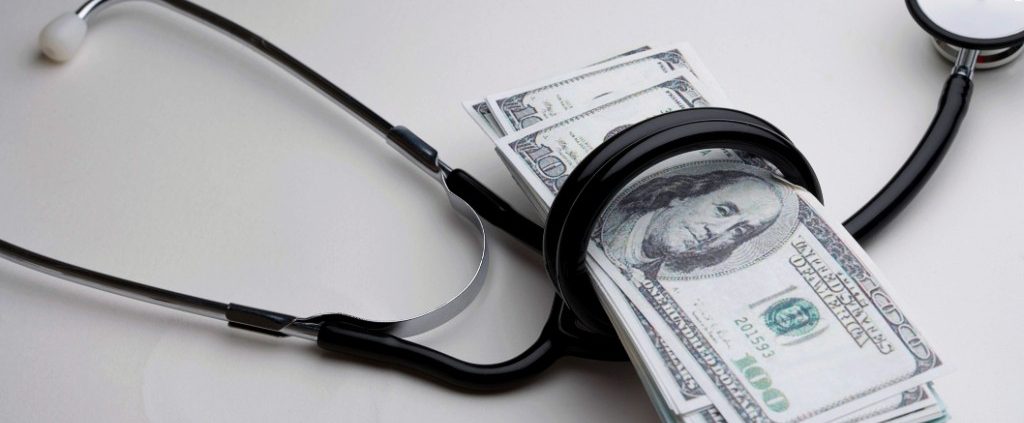How To Minimize Medical Care Costs
Our Guide To Cutting Down Medical Care Costs
Medical care costs can take up a lot of space in a budget. Bills for doctor appointments, medications, insurance, emergency room visits and referrals to specialists all add up! Thankfully, there are ways to reduce these costs, and make a little more room in your budget.
- Minimize prescription costs. The options for reducing medication costs are long. You can use online or manufacturer coupons, found through websites like GoodRx. You can schedule your prescriptions to be picked up on the same day, to reduce trips to the pharmacy. You can also switch to mail-order for maintenance medications, which usually comes with a discount and extended supply. You can ask your doctor about less expensive medications, and double-check you’re only taking what you need. Shenandoah Community Health Clinic offers a prescription drug program that allows qualifying patients to receive their prescriptions at a free or reduced cost.
- Utilize a Healthcare Savings Account (HSA). A HSA or Flexible Spending Account (FSA) is an account that collects interest on pre-taxed money. This money is specifically set aside for healthcare expenses. Often, employers will sponsor one, but you can also get an account on your own. This allows you to have money set aside for any healthcare event, and that money is tax-free or tax-reduced.
- Utilize your healthcare plan benefits. Many insurance plans offer yearly benefits that are often free. These benefits can include yearly physicals, medical screenings, dental cleaning, or other discounted services. Ask about what your plan offers and make sure you’re taking advantage of any services you can.
- Choose in-network and outpatient care. Many insurance plans have a list of “in-network” providers. These are medical providers that receive greater coverage from your insurance company, so visits with these providers are usually much cheaper than out-of-network. When you’re looking into a procedure or surgery, ask about your outpatient care options. Undergoing these procedures in an outpatient office is less expensive than completing them in a hospital. Additionally, you’ll be limiting hospital visits to true emergencies. If it’s possible for you to receive care at a doctors office or urgent-care, you will save a lot of money.
- Take care of your health. This can look different for everyone. We all know the basics- eat healthy, exercise, drink water. It’s also important to manage any medicines you take. This looks like taking them regularly, on time, and ensuring they’re working. Seek preventative care, addressing health issues before their cost gets too big.



 Shenandoah Community Health Clinic does not discriminate based on race, color, national origin, religion, sex, gender identity (including gender expression), sexual orientation , disability, age, marital status, family/parental status, income derived from public assistance programs, political beliefs, or reprisal or retaliation for prior civil rights activity, in any program or activity funded by USDA Rural Development.
Shenandoah Community Health Clinic does not discriminate based on race, color, national origin, religion, sex, gender identity (including gender expression), sexual orientation , disability, age, marital status, family/parental status, income derived from public assistance programs, political beliefs, or reprisal or retaliation for prior civil rights activity, in any program or activity funded by USDA Rural Development.

